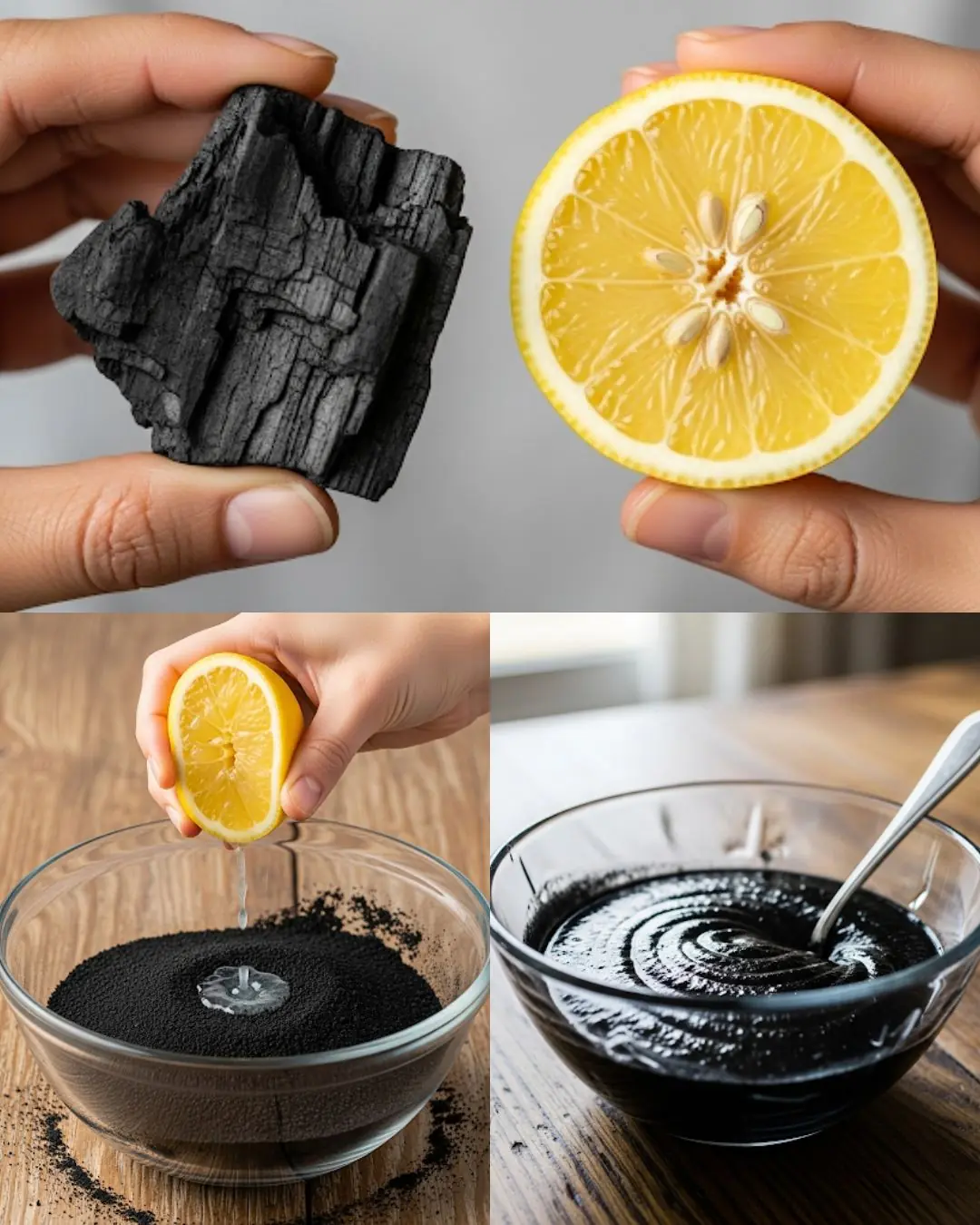
Do You Need to Unplug the Rice Cooker After Cooking? The Answer Is Truly Unexpected
Rice cookers have become indispensable kitchen appliances in many households. They offer convenience and consistency when cooking rice, making it easy to prepare meals with minimal effort. However, once the cooking process is complete, a common question arises: should you unplug the rice cooker after cooking? While it may seem like a simple decision, the answer is more complicated than you might think.
In this article, we’ll explore the reasons behind this question, the effects of leaving your rice cooker plugged in, and whether or not it’s safe or beneficial to leave it on. We’ll also discuss some tips for maintaining your rice cooker for the best performance and longevity.
1. How Rice Cookers Work
Before we dive into the question of whether or not to unplug your rice cooker, let’s take a brief look at how rice cookers function. A rice cooker typically consists of a heating element, a thermostat, and a cooking pot. When you add rice and water and turn on the cooker, the heating element starts to warm the pot. As the water heats up, it turns into steam, cooking the rice evenly and efficiently.
Most modern rice cookers have a built-in thermostat that regulates the temperature, switching to a "keep warm" mode once the water has evaporated and the rice is cooked. This mode maintains the rice at a safe and warm temperature, preventing it from getting cold or drying out.
2. Does Leaving the Rice Cooker Plugged In Impact Safety?
One of the primary concerns for people leaving their rice cookers plugged in after cooking is safety. The question arises: Could it cause a fire or any electrical hazards?
Rice cookers, especially modern ones, are generally designed with safety features such as automatic shut-off functions, thermostats, and keep-warm modes. These safety mechanisms are intended to prevent the cooker from overheating or causing damage. The automatic shut-off feature ensures that once the rice is cooked, the cooker switches to a low power setting to prevent excessive heat buildup. In "keep warm" mode, the cooker usually consumes very little electricity, which reduces the risk of fire or overheating.
However, as with any electrical appliance, it is important to follow the manufacturer's instructions. While modern rice cookers are designed for safe use, old or malfunctioning units may pose a risk if left plugged in for prolonged periods. Therefore, if you are using an older rice cooker, or if you notice unusual smells, sounds, or overheating, it is best to unplug the appliance once cooking is complete.
3. The Impact on Energy Consumption
Another factor to consider is energy consumption. While the “keep warm” mode is energy-efficient, it still draws electricity. If you leave your rice cooker plugged in for hours on end, this can add up over time, leading to unnecessary energy usage. Depending on how often you use your rice cooker, this could slightly increase your electricity bill.
To minimize energy waste, it is a good idea to unplug the rice cooker after the cooking process is complete, especially if you are not planning to use it again soon. Unplugging the cooker when it is not in use is a simple way to reduce your energy consumption and lower your utility bills.
4. Quality of Rice and Food Safety
If you plan to store leftover rice, it is important to consider food safety. While a rice cooker’s keep-warm mode will maintain the rice at a safe temperature for a short period, leaving the rice in the cooker for too long can lead to bacterial growth. The U.S. Department of Agriculture (USDA) recommends that cooked rice should not be left at room temperature for more than two hours. If the rice is kept warm for an extended period, there is a risk of the growth of Bacillus cereus, a bacteria that can cause food poisoning.
To ensure the safety of your leftover rice, it’s best to remove it from the cooker and refrigerate it within two hours of cooking. If you’re not planning to eat the rice right away, try transferring it to an airtight container to store it in the refrigerator. This will help keep the rice fresh and reduce the risk of foodborne illness.
5. Maintaining Your Rice Cooker for Longevity
Proper maintenance is essential to ensure that your rice cooker continues to function efficiently and lasts for years. Here are a few tips for keeping your rice cooker in good condition:
-
Clean Regularly: After each use, make sure to clean the rice cooker thoroughly. This includes washing the cooking pot, lid, and any removable parts. Regular cleaning prevents the buildup of food residue, which can affect the taste of your rice and damage the cooker over time.
-
Unplug When Not in Use: As mentioned earlier, unplugging the rice cooker when it is not in use is a good habit to develop. This helps conserve energy and prevents unnecessary wear on the appliance.
-
Avoid Overloading the Cooker: While it’s tempting to cook large amounts of rice at once, overloading the rice cooker can cause it to malfunction. Follow the recommended rice-to-water ratios in the user manual for best results.
-
Check for Malfunctions: Periodically check your rice cooker for any signs of malfunction, such as a broken thermostat, damaged cord, or unusual sounds. If your rice cooker is no longer working correctly, it may be time to repair or replace it.
6. Should You Unplug the Rice Cooker?
Now, back to the main question: Should you unplug your rice cooker after cooking? The answer ultimately depends on your specific circumstances. If you have a newer rice cooker with an automatic shut-off feature and you plan to use the “keep warm” mode for a short period, leaving it plugged in is generally safe. However, if you’re concerned about energy usage or food safety, it’s a good idea to unplug the cooker once the cooking process is complete.
For older rice cookers, it’s always better to err on the side of caution and unplug the appliance after use. This not only conserves energy but also reduces the risk of potential safety hazards.
Conclusion
In conclusion, while leaving your rice cooker plugged in after cooking is generally safe with modern units, it’s still a good practice to unplug it once the cooking process is over. This helps conserve energy, reduce wear on the appliance, and maintain food safety. Regular maintenance, proper cleaning, and using the rice cooker as per the manufacturer's instructions will ensure that it continues to function effectively for years to come.
By understanding how your rice cooker works and following these simple tips, you can enjoy perfectly cooked rice while keeping your home safe and energy-efficient.
News in the same category

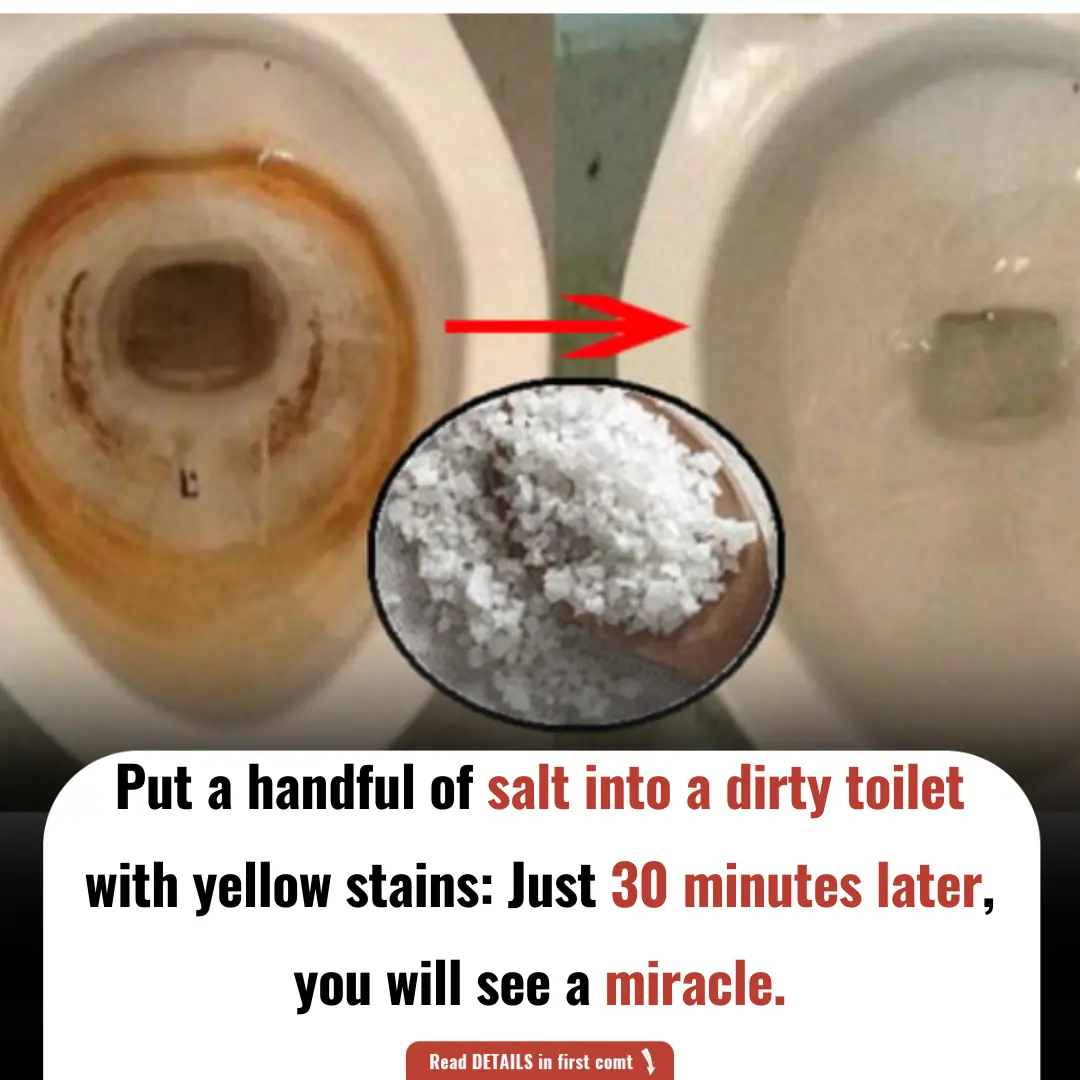
Put a handful of salt into a dirty toilet with yellow stains: Just 30 minutes later, you will see a miracle

The most correct way to give first aid for stroke at home
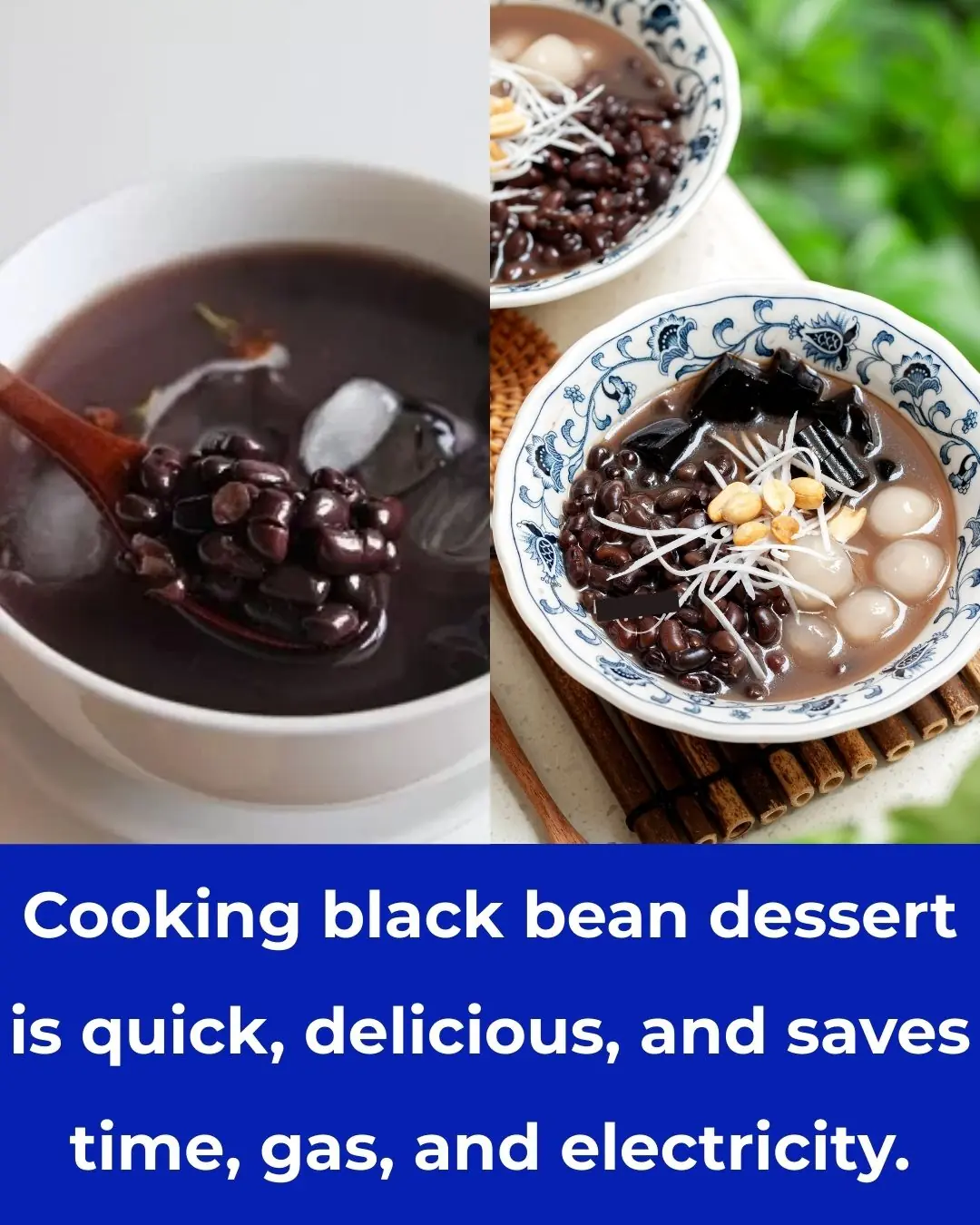
Cook black bean sweet soup quickly, delicious, not time consuming, save gas/electricity
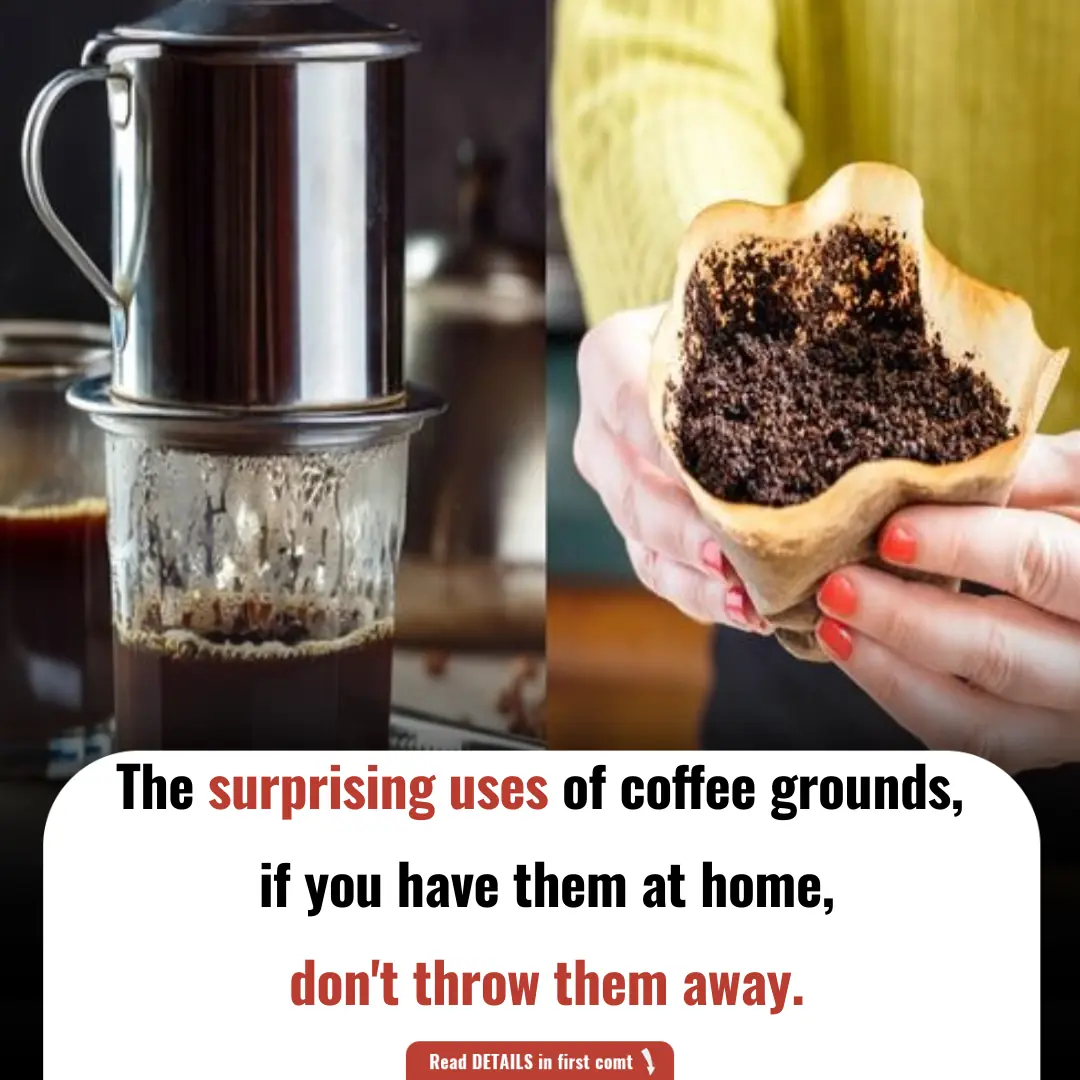
The Surprising Uses of Coffee Grounds, If You Have Them at Home, Don’t Throw Them Away
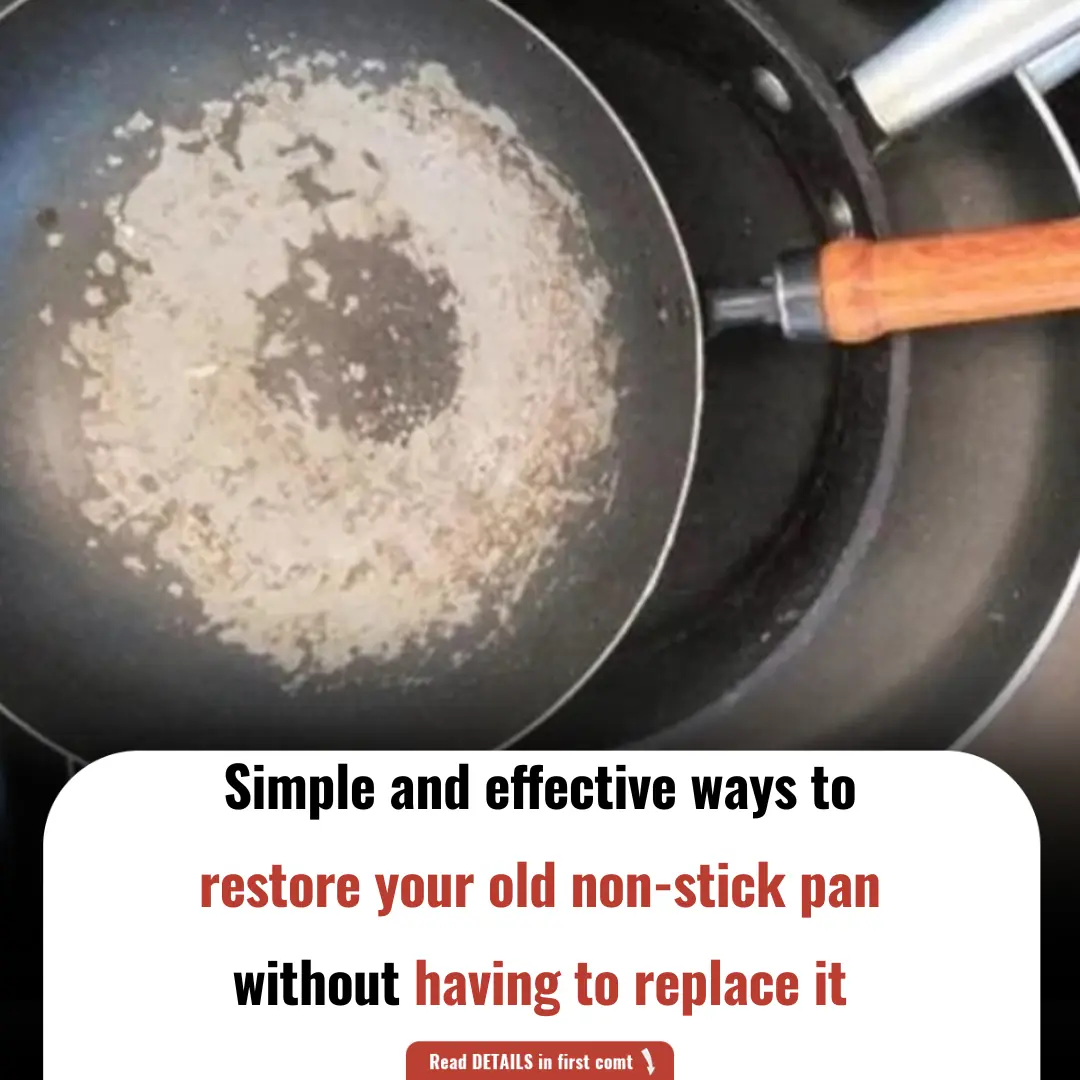
Simple and Effective Ways to Restore Your Non-Stick Pan Without Having to Replace It

How to Use Aloe: 11 Benefits for Skin Care, Digestion and More

Snake enter the house, prevention methods and practices
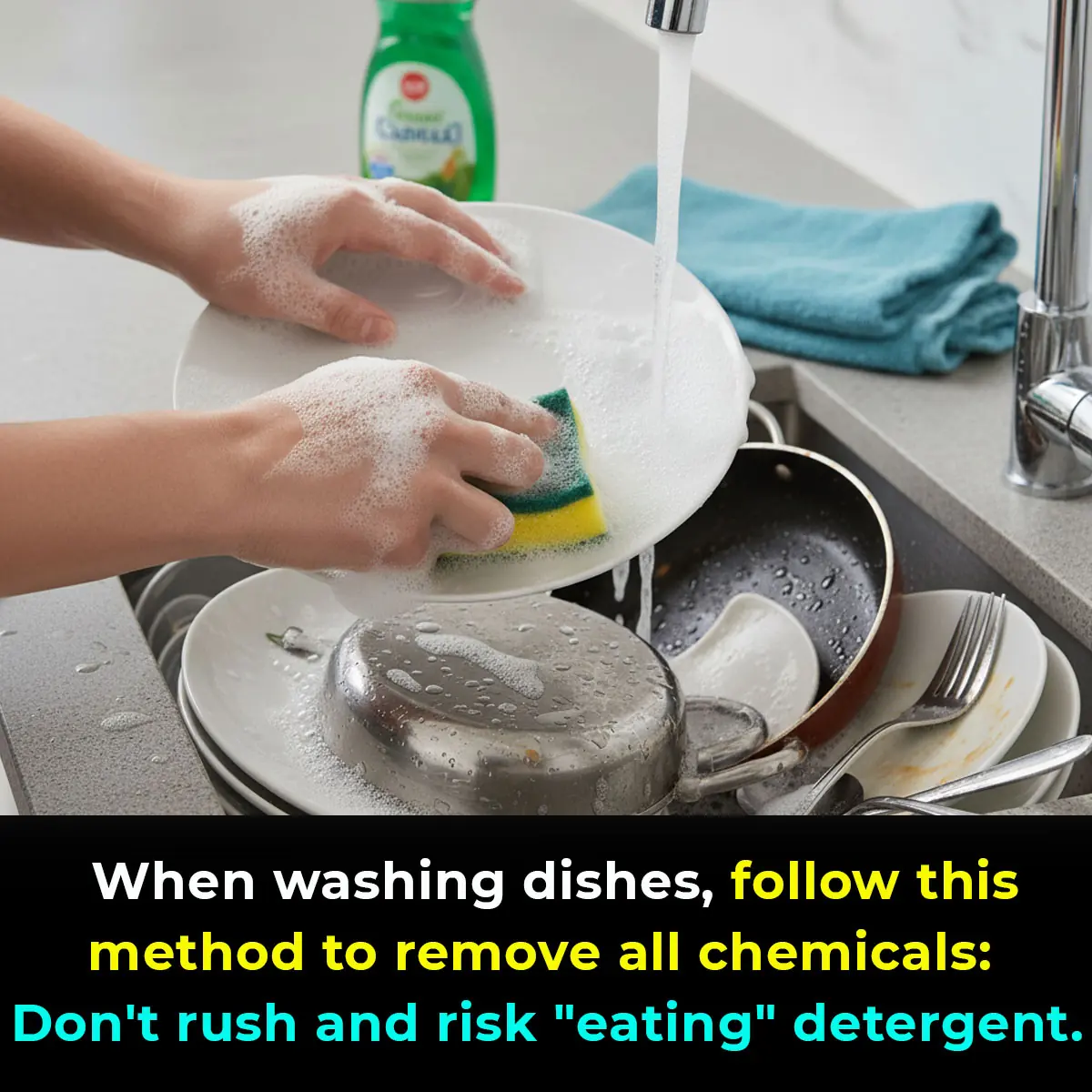
When washing dishes, follow this method to remove all chemicals: Don't rush and risk "eating" detergent.
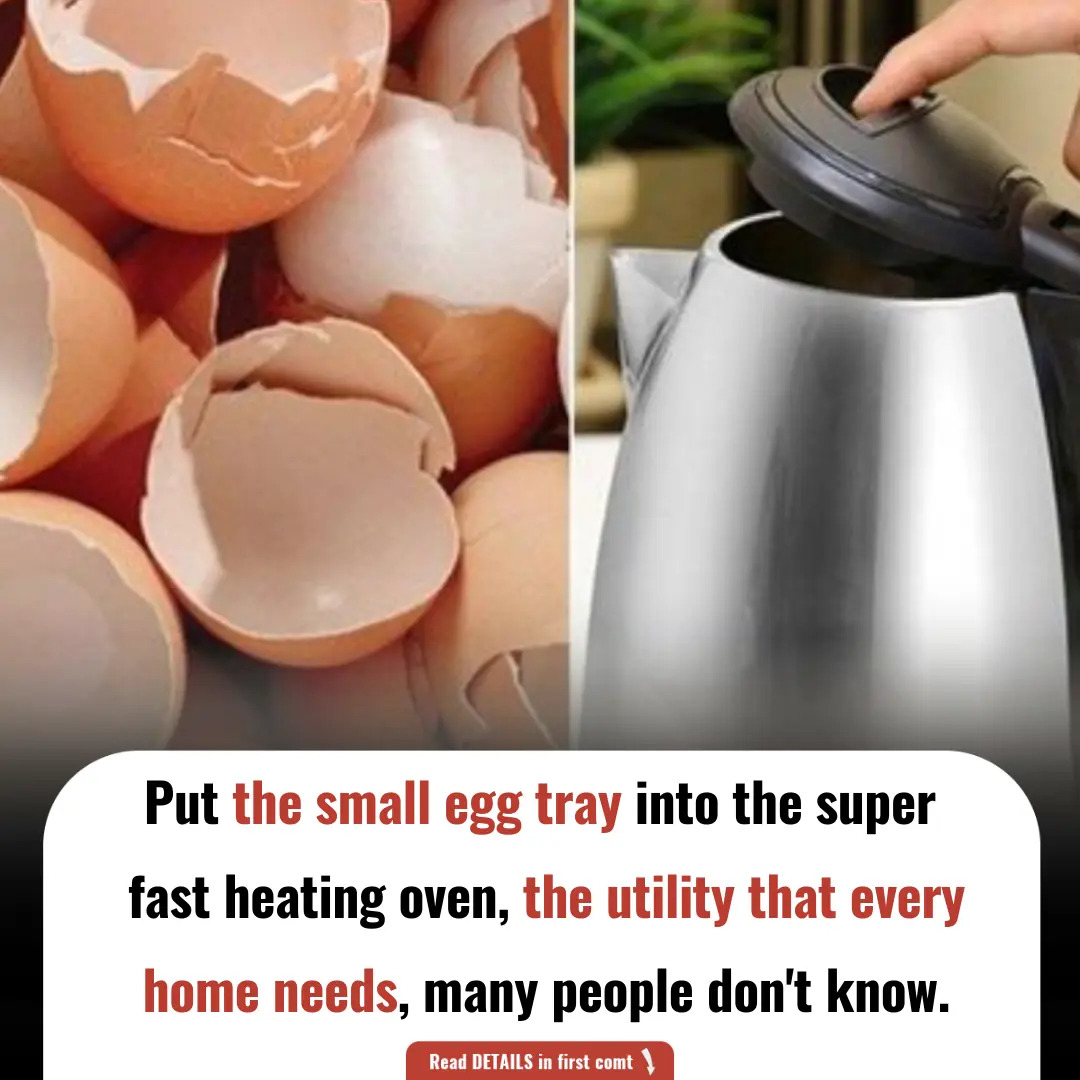
Put the Small Egg Tray into the Super Fast Heating Oven, the Utility That Every Home Needs, Many People Don't Know

Place One Garlic Clove in Each Room to Absorb All Bacteria, Viruses, and Prevent the Flu in the House

4 Easy and Cost-Free Ways to Remove Yellow Sweat Stains from White Shirts

Don’t Turn on the Fan in Humid Weather: Follow These 5 Methods, and It Will Dry Instantly in 10 Minutes, Without Spending a Penny
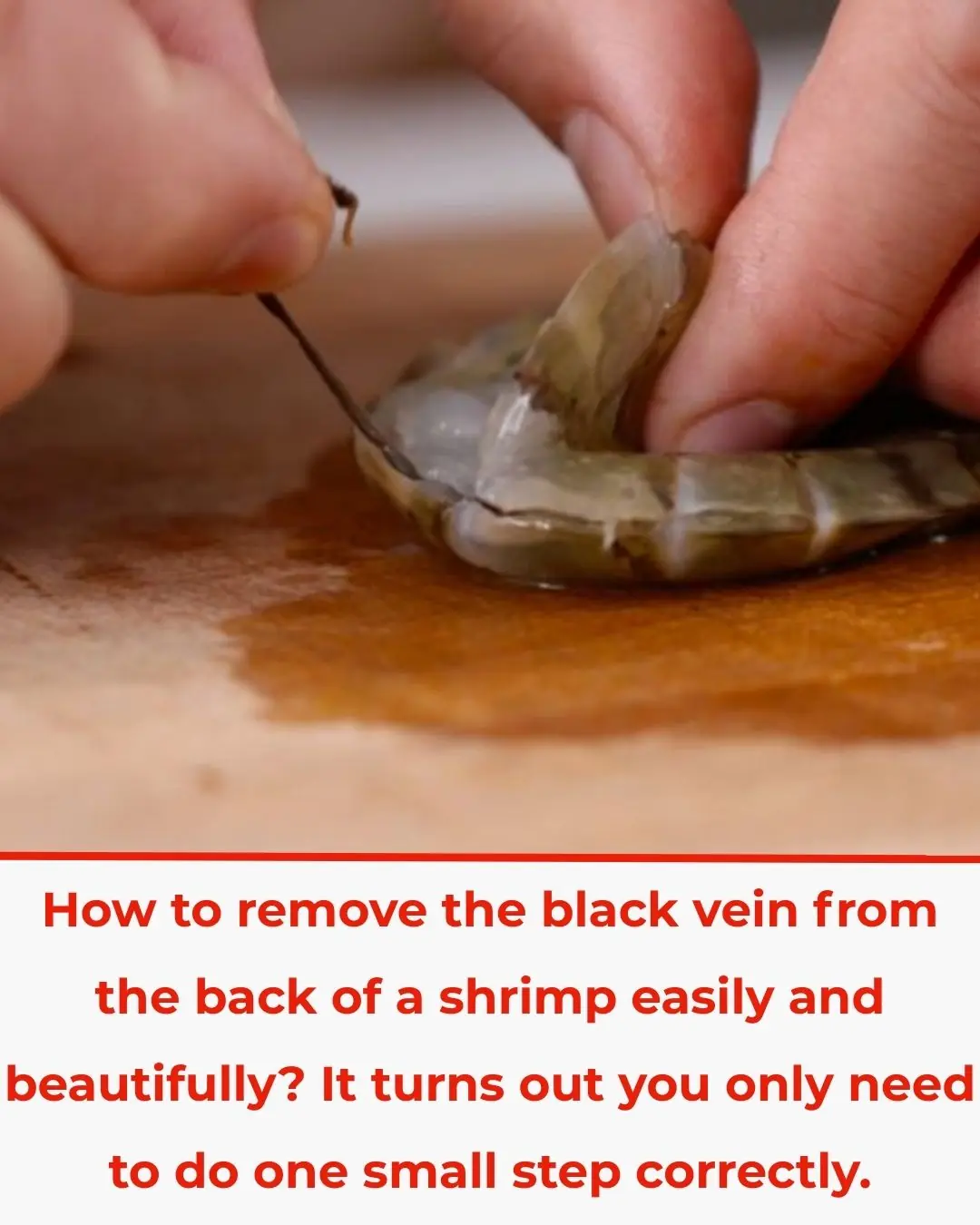
How to Easily and Neatly Devein Shrimp? Turns Out It Only Takes One Simple Step

How to Distinguish Shrimp Injected with Impurities: Easy Tips to Protect Your Health
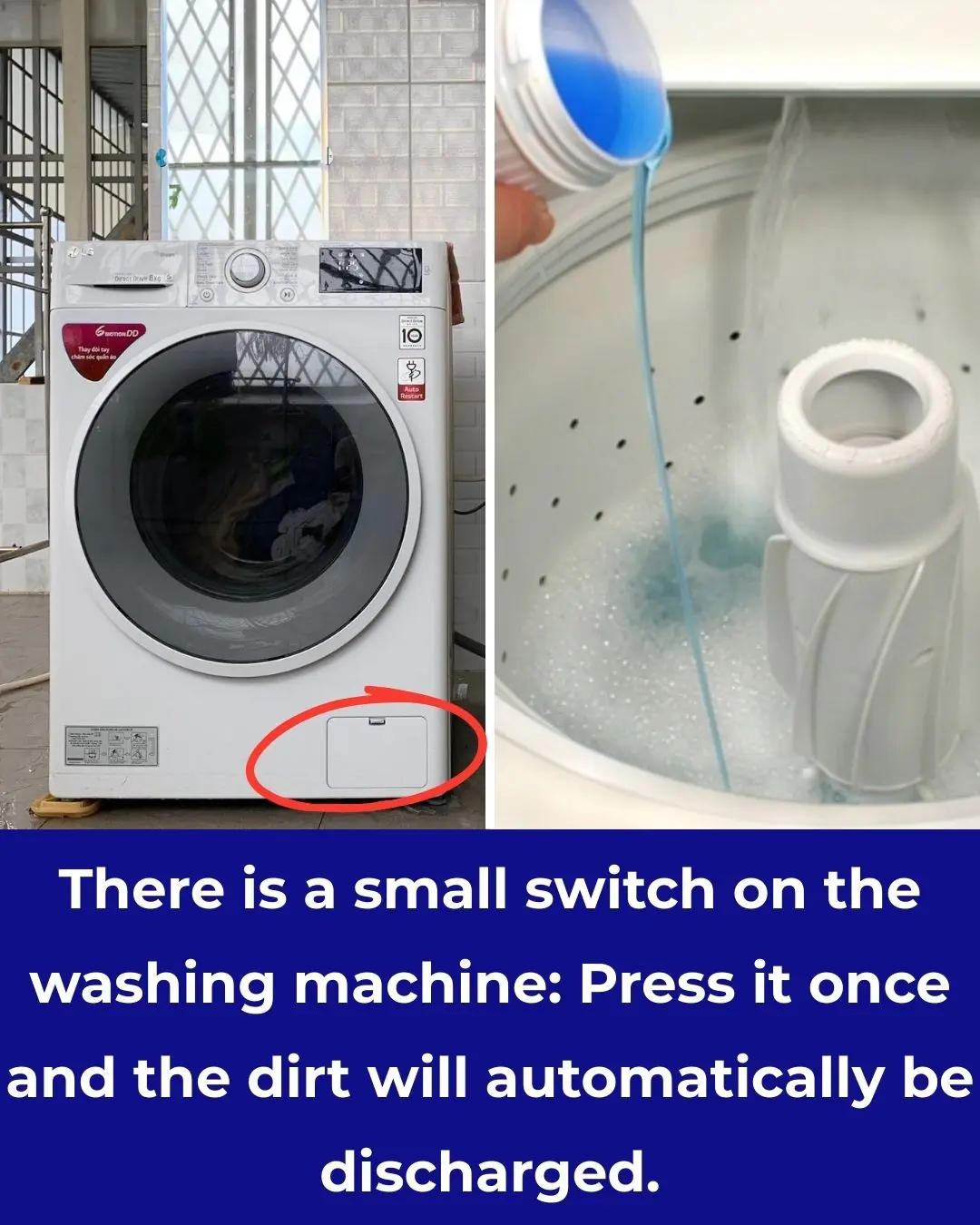
There Is a Small Switch on Your Washing Machine: Press It Once to Automatically Drain Dirty Water

Rice Water: The “Liquid Gold” in Your Home That Most People Forget to Use
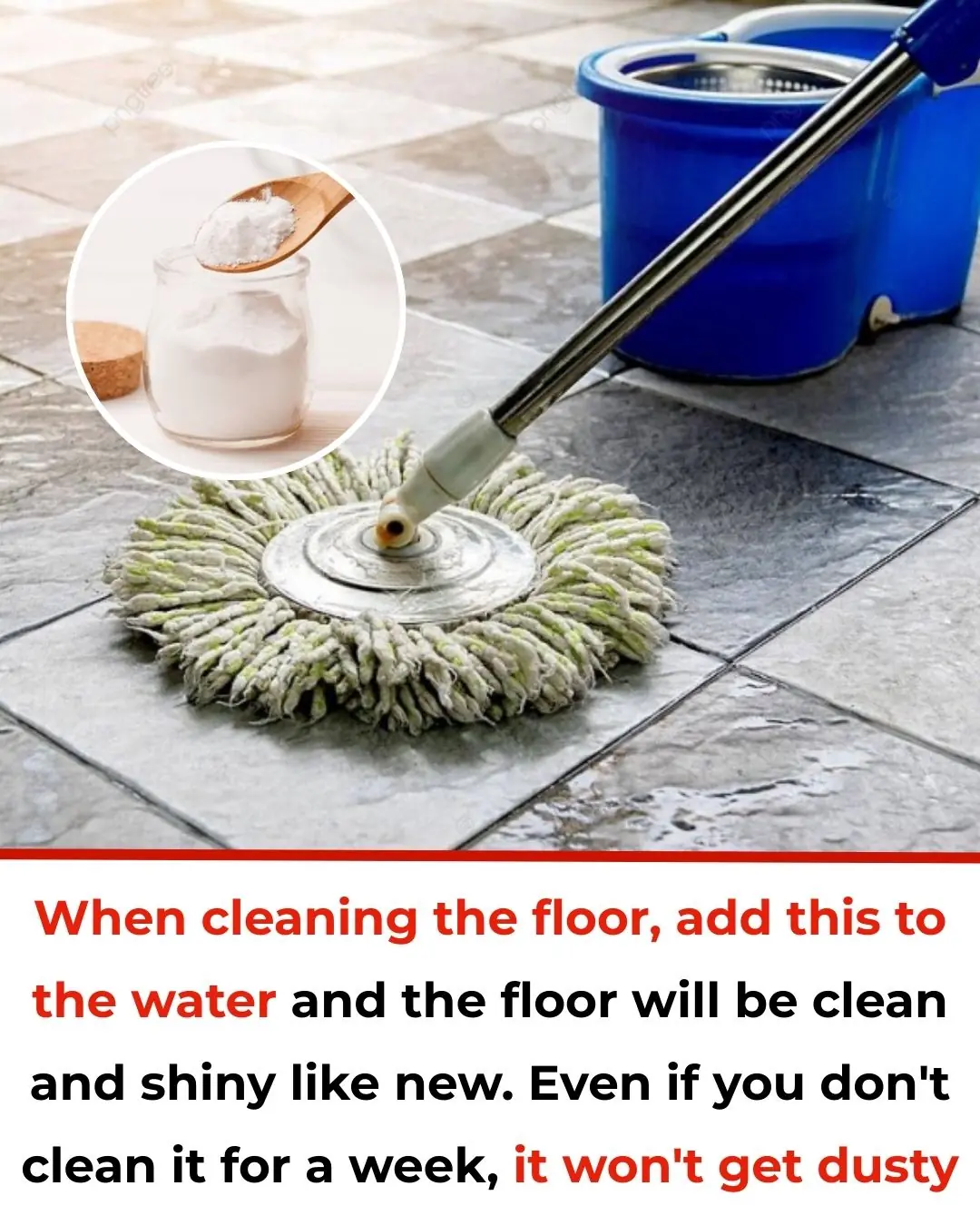
Add This Simple Ingredient When Mopping – Your Floors Will Shine Like New and Stay Clean All Week!
News Post

Experts reveal 3 ways to eliminate E. coli bacteria in water – essential knowledge to protect your family

Put a handful of salt into a dirty toilet with yellow stains: Just 30 minutes later, you will see a miracle

The most correct way to give first aid for stroke at home

Cook black bean sweet soup quickly, delicious, not time consuming, save gas/electricity

Apple insider reveals new leaks about foldable iPhone release for 2026

Experts reveal the five foods you should absolutely never freeze

The difference between the spirit of a loved one and other forces

Your Heart Emits a Magnetic Field 100x Stronger Than Your Brain – And It Can Be Detected 3 Feet Beyond Your Body

🌱 Discover Papaya Seeds: Nature’s Tiny Powerhouse for Total Wellness

3 Home Remedies to get rid of Skin Tags – Skin Tag Removal

Homemade Herbal Bath Powder For Clear Skin: Bridal Skincare Ubtan

Mix Baby Oil with Vaseline: The Simple Skincare Trick for Youthful, Wrinkle-Free Skin
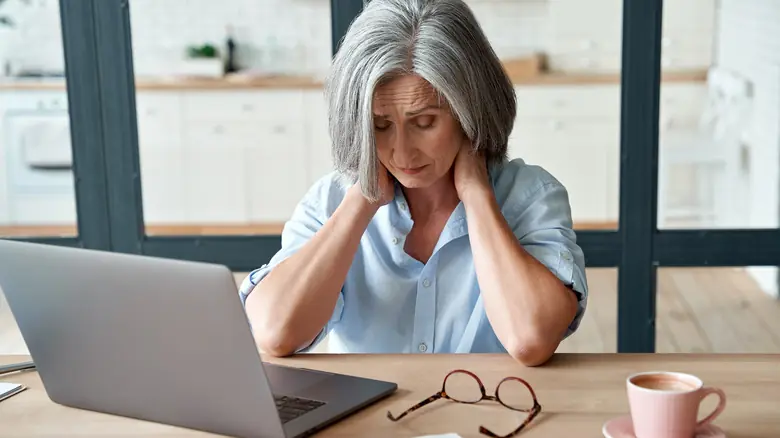
How Your Body Secretly Tells You You're Stressed

New Study Shows That Sitting in Silence for Only Two Hours Can Trigger Significant Growth in New Brain Cells

Foods That Can Quietly Drain Calcium From Your Body

Just Simply Looking at a Sick Person Is Enough to Trigger Your Immune Response, Study Shows

Scientists Discover an “Off Switch” for Cholesterol — And It Could Save Millions of Lives

Why Does Your Eye Twitch Randomly? An Eye Doctor Explains
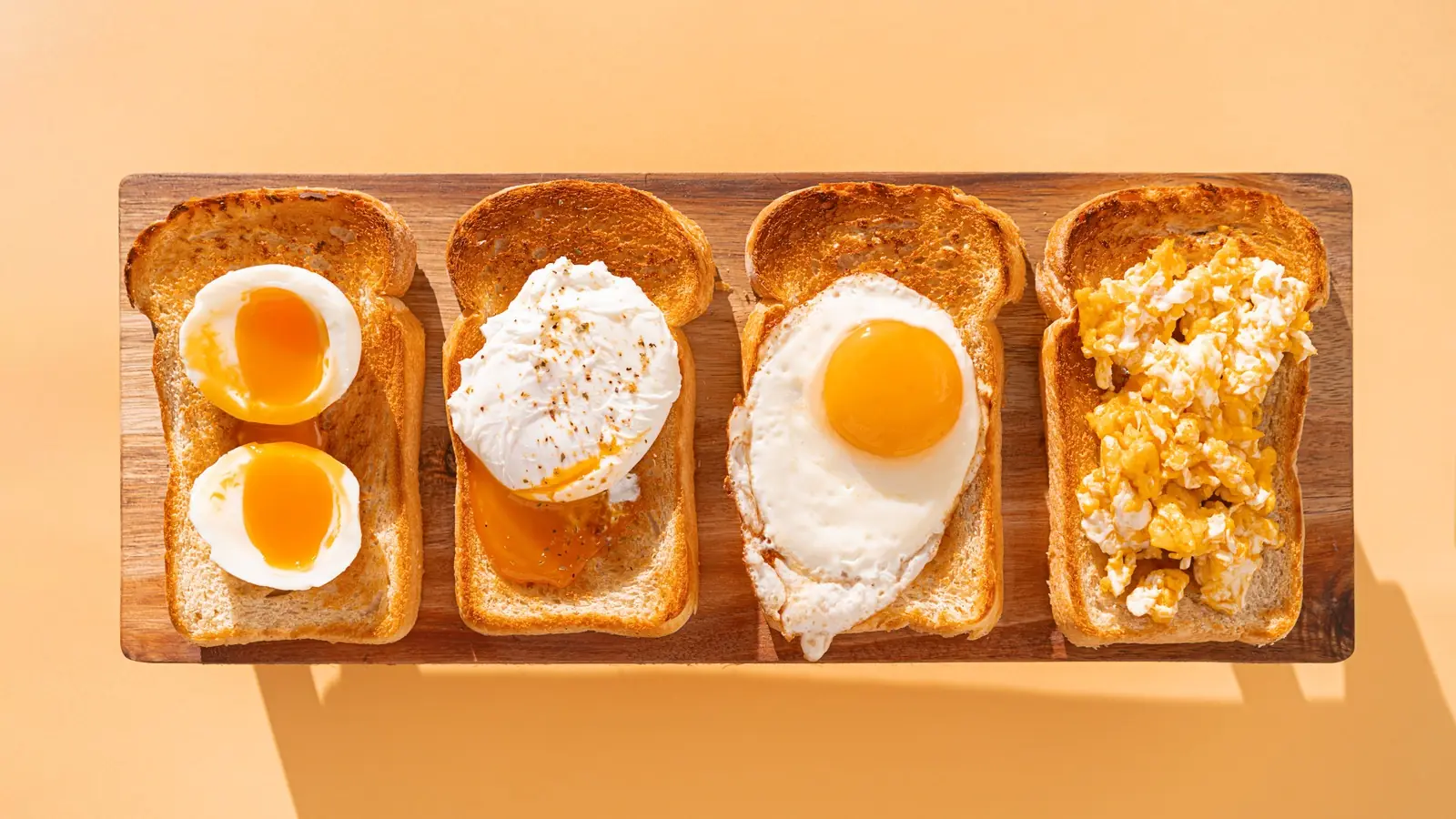
Think Twice Before Pairing: 6 Foods You Shouldn’t Eat with Eggs
